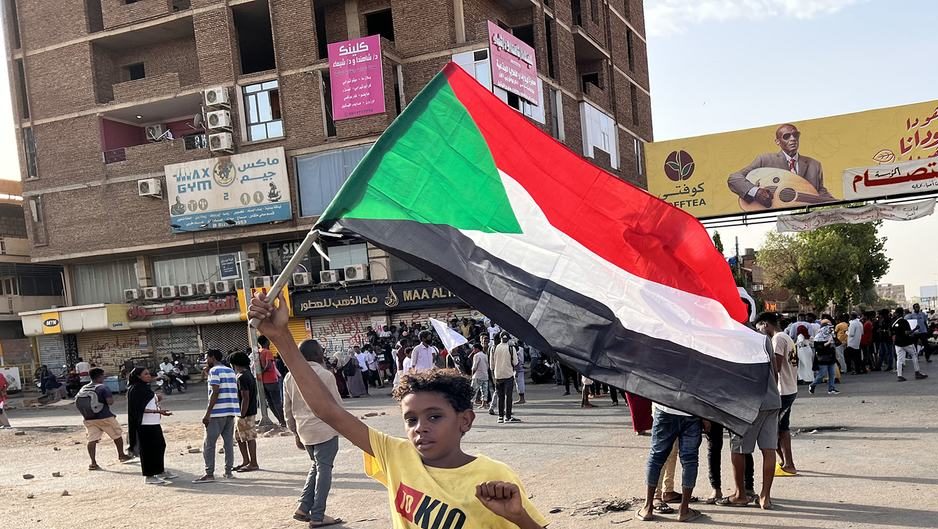A fragile 24-hour armistice was approved on Tuesday amid growing calls for the cessation of fighting.
Qatar and the African Union Commission (AUC) stressed the need for a peaceful resolution to the latest round of fighting in Sudan, the deadliest to strike the country in months.
This came in a phone call on Monday between Qatar’s Prime Minister and Foreign Minister Sheikh Mohammed bin Abdulrahman Al Thani and the AUC’s Chairperson Moussa Faki Mahamat.
In a statement, Qatar’s foreign ministry said the phone conversation dealt with the developments in Sudan.
“The Prime Minister and Minister of Foreign Affairs affirmed, during the call, Qatar’s full support for all efforts aimed at stopping the bloodshed of the Sudanese brothers and overcoming differences through dialogue and peaceful means,” the statement read.
On Saturday, fighting broke out in Khartoum between the Sudanese army, headed by General Abdel Fattah al-Burhan, and the Rapid Support Forces (RSF), led by former militia leader General Mohamed Hamdan Dagalo, widely known as Hemedti.
On the same day, Qatar expressed “its deep concern” over the situation in Sudan and called for restraint.
As of Tuesday, at least 185 people have been killed and more than 1,800 wounded, per figures shared by the United Nations High Commissioner for Human Rights. On the same day, the Sudanese doctors’ syndicate said at least 144 civilians were killed.
The warring sides confirmed a 24-hour armistice on Tuesday, just hours after the army denied RSF’s claims of a truce and said the announcement was “a cover up for the defeat it will receive.”
Earlier, the RSF said the decision to pause fighting came after a conversation with the United States Secretary of State Antony Blinken along with “friendly countries”.
Meanwhile, the RSF suspended all flights from Khartoum International Airport and reports said the paramilitary had also captured Meroe’s airport.
However, a source in the Sudanese army told Al-Jazeera on Tuesday that they managed to regain control of Meroe’s airport.
Critics say the RSF’s move is a direct coup attempt that reflects similar scenes from 2021, which saw the junta place Prime Minister Abdallah Hamdok and various other officials on house arrest before releasing them.
The RSF had emerged in 2013 from Janjaweed militias that were found complicit in crimes during the Darfur genocide in 2003.
The latest round of violence could significantly hinder the political process in Sudan as well as efforts to establish civilian rule.
In August 2019, four months into the Sudanese uprising, military leaders signed a power-sharing agreement with the FFC, which formed a Sovereign Council. That came after a revolution at the time toppled Sudan’s longtime President Omar Al-Bashir.
The declaration set late 2023 as the deadline for elections to elect a civilian administration.
In December last year, Sudanese political parties and the military signed a deal that aimed to pave the way for a two-year civilian transition period, though its fate remains in question as the flare up continues.







